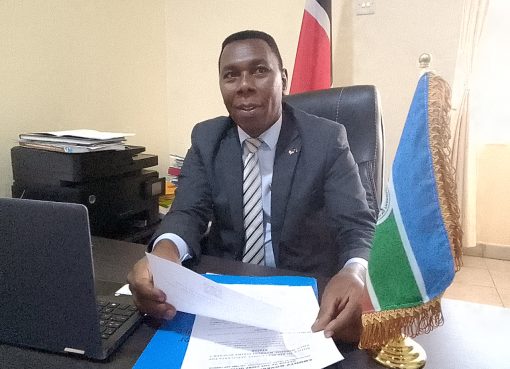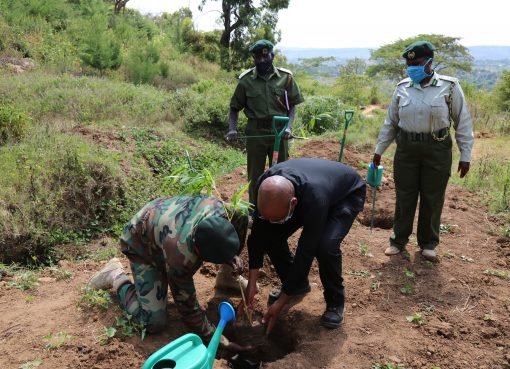A Catholic Bishop has called on Kenyans to stay strong during the current tough economic times, expressing hopes that the government is working to utilize resources to improve the situation.
Bishop James Maria Wainaina of the Catholic Diocese of Murang’a said that even though most people have lost hope, it is important for Kenyans to pray for the leaders so that they can make wise decisions in coming up with policies that better the lives of citizens.
“We should not lose hope, more so during the current tough economic times. Let us engage ourselves in positive activities that will be fruitful and earn us a living even as we pray that our leaders will make informed decisions,” he said.
The bishop also expressed concerns over corruption, criticizing the actions of a few leaders whose selfishness and corrupt practices have disrupted the delivery of essential services.
He called for collective responsibility in combating corruption and urged investigative agencies to intensify their efforts and comprehend and prosecute those behind runaway corruption.
“Corruption brings a lot of problems in a country. Among the government’s promises to Kenyans is to deal with corrupt officials and I urge everybody to support the State in its fight against corruption,” Maria said.
He continued, “Theft of public resources has increased poverty among Kenyans. Its wrong for a leader to take what is supposed to provide drugs for the sick, education for the less privileged and generally services to people, for his own benefit.”
In an effort to alleviate the economic burden in the county, Maria said that the Catholic Diocese of Murang’a has rolled out programmes to help vulnerable children in the community.
He said that churches have a special responsibility to help the needy persons in the community so that the economic burden can easily be shared.
“Churches have a responsibility to care for children, nurture and feed them so that they can grow in the right way. This will help improve children’s welfare, simultaneously helping needy families that are straining in providing basic care to their children,” he added.
By Bernard Munyao and Anjilwa Francis




